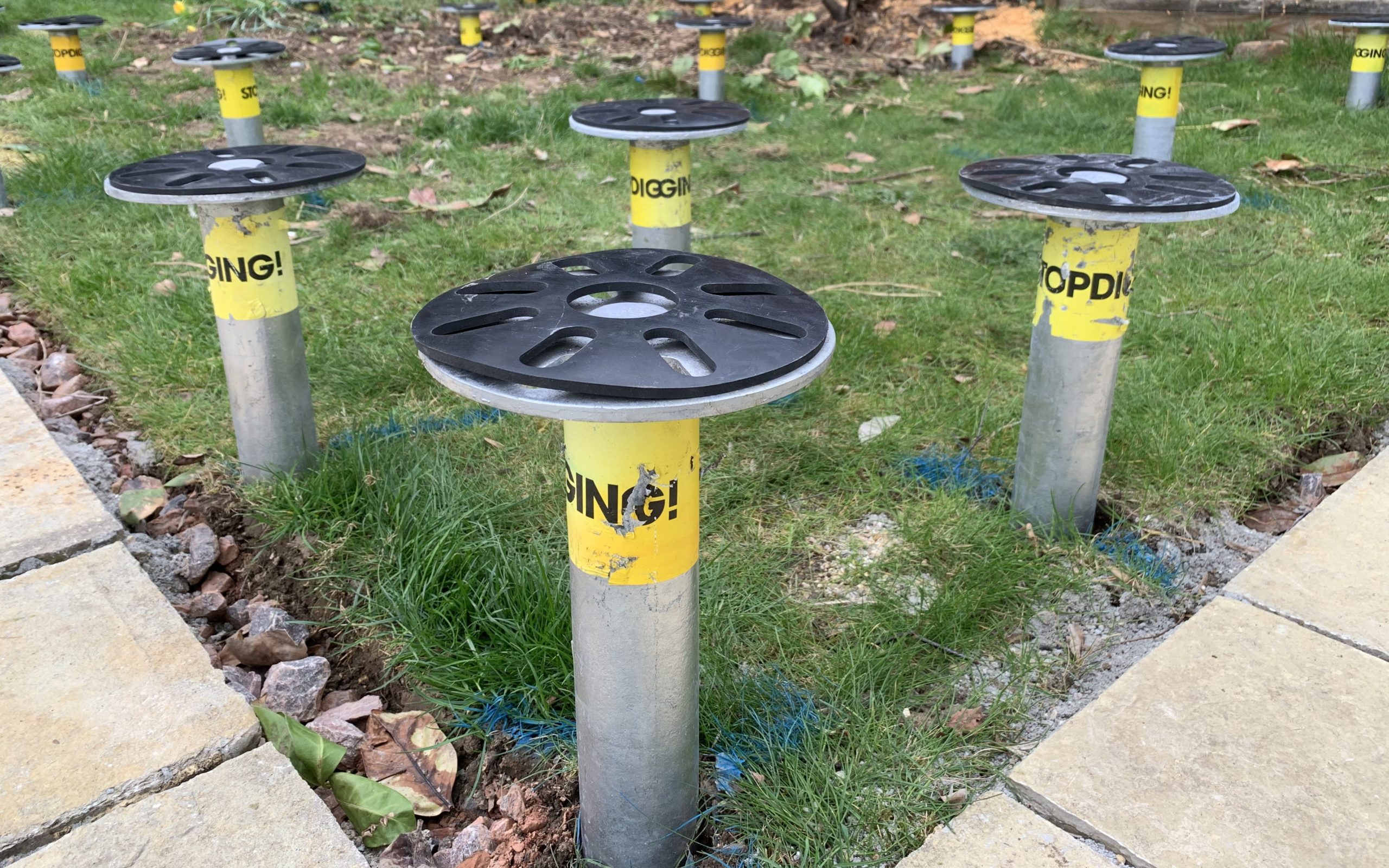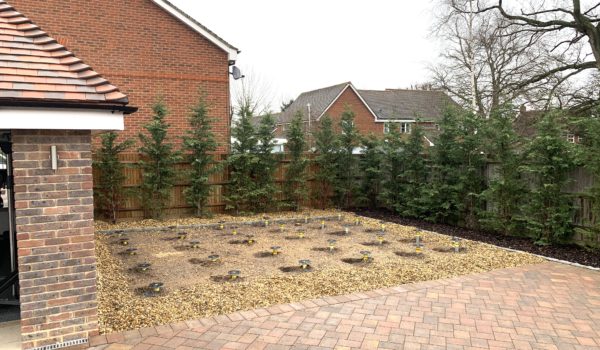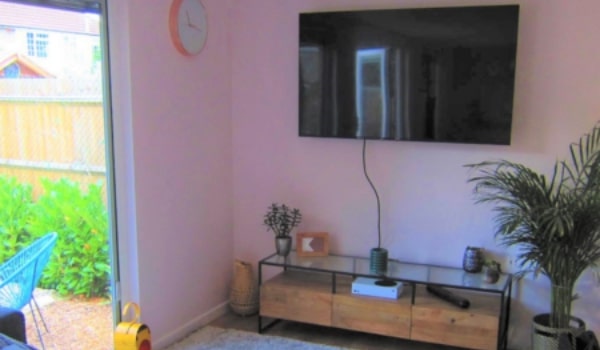When it comes to building a garden room, one of the most important decisions is choosing the right base. While concrete bases may seem like a popular option, there are several drawbacks that you need to consider. In this blog, we will discuss the pros and cons of concrete versus elevated garden room bases.
Concrete Garden Room Bases
People have used concrete bases for centuries, making them a popular choice for garden buildings. They are sturdy, durable and relatively cheap to install as a garden room base. However, they have several disadvantages that you need to consider.
One of the major problems with concrete bases is their lack of insulation, which allows cold from below to meet warmth above and cause dampness. Those of us that have seen sheds sitting on concrete know that rot from the ground upwards is common. This rot can lead to a reduced lifespan for your garden room.
Concrete bases can also be disruptive to gardens, as the lorries that are needed to move materials in and waste out have a big carbon footprint. In addition, the lime used within concrete affects any adjoining soil, which can damage and even kill many plants and trees.


Elevated Garden Room Bases
Elevated bases, on the other hand, are becoming increasingly popular for garden buildings. These bases keep timber away from damp and cold surfaces, which can prevent rot and extend the lifespan of your garden room.
Elevated garden room bases work by allowing the timber to breathe, a lesson learnt and applied for hundreds of years of building. The use of staddle stones and air bricks can keep buildings dry and well-ventilated.
Elevated bases are quick, clean, and efficient and have more of a dusting than a carbon footprint. They are also recommended by arborists and tree protection offices, who would usually direct you away from concrete bases and the environmental harm they can cause.
Conclusion
When it comes to choosing a garden room base for your garden room, there are several factors to consider. While concrete bases may seem like a popular option, they can have drawbacks, like reducing lifespan and harming the environment. Elevated bases are becoming more popular because they keep timber away from damp, cold surfaces and let the timber breathe. If you want to ensure your garden room lasts and protect the environment, an elevated garden room base may be best.
For more information on garden room bases, please feel free to contact us.








